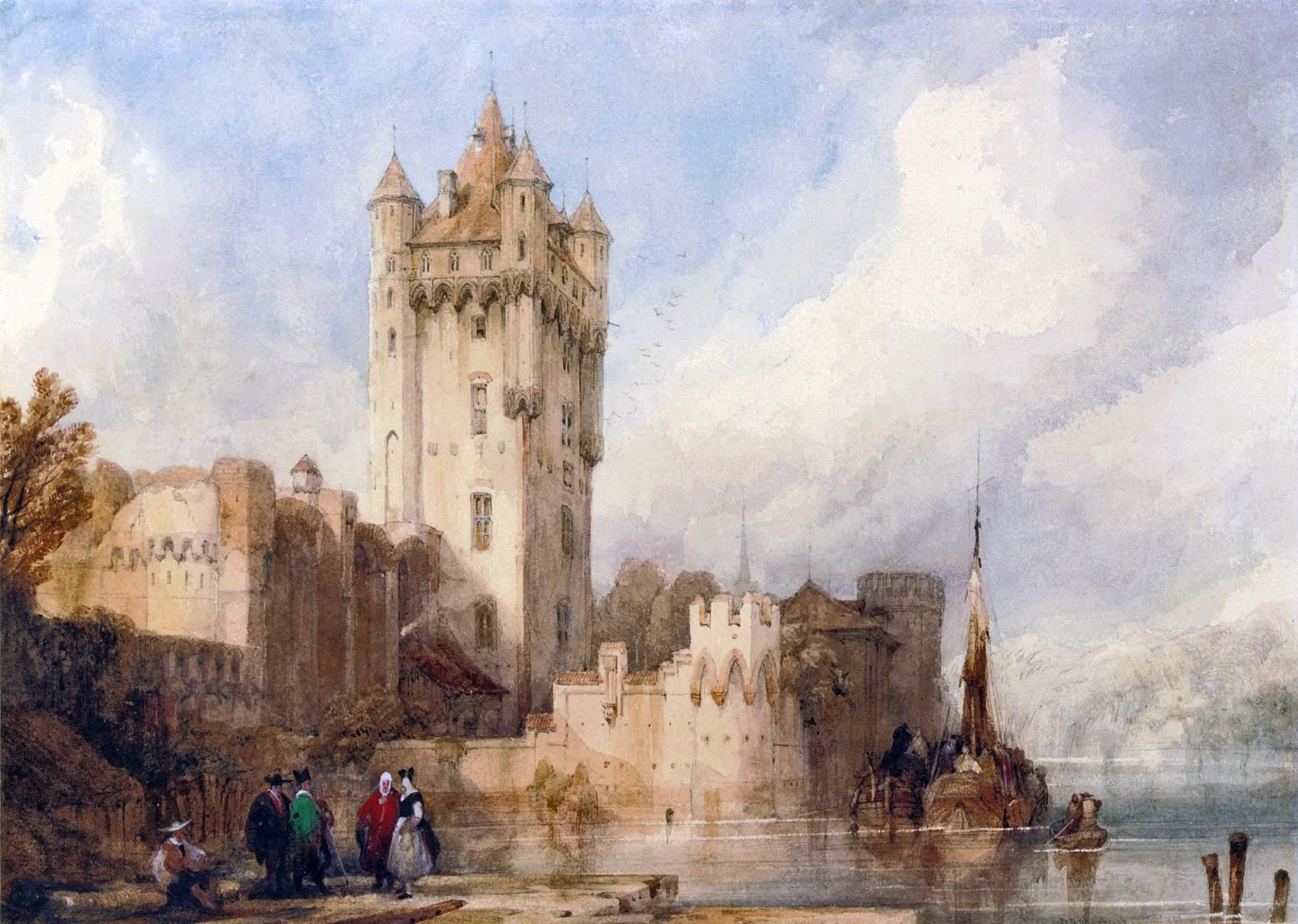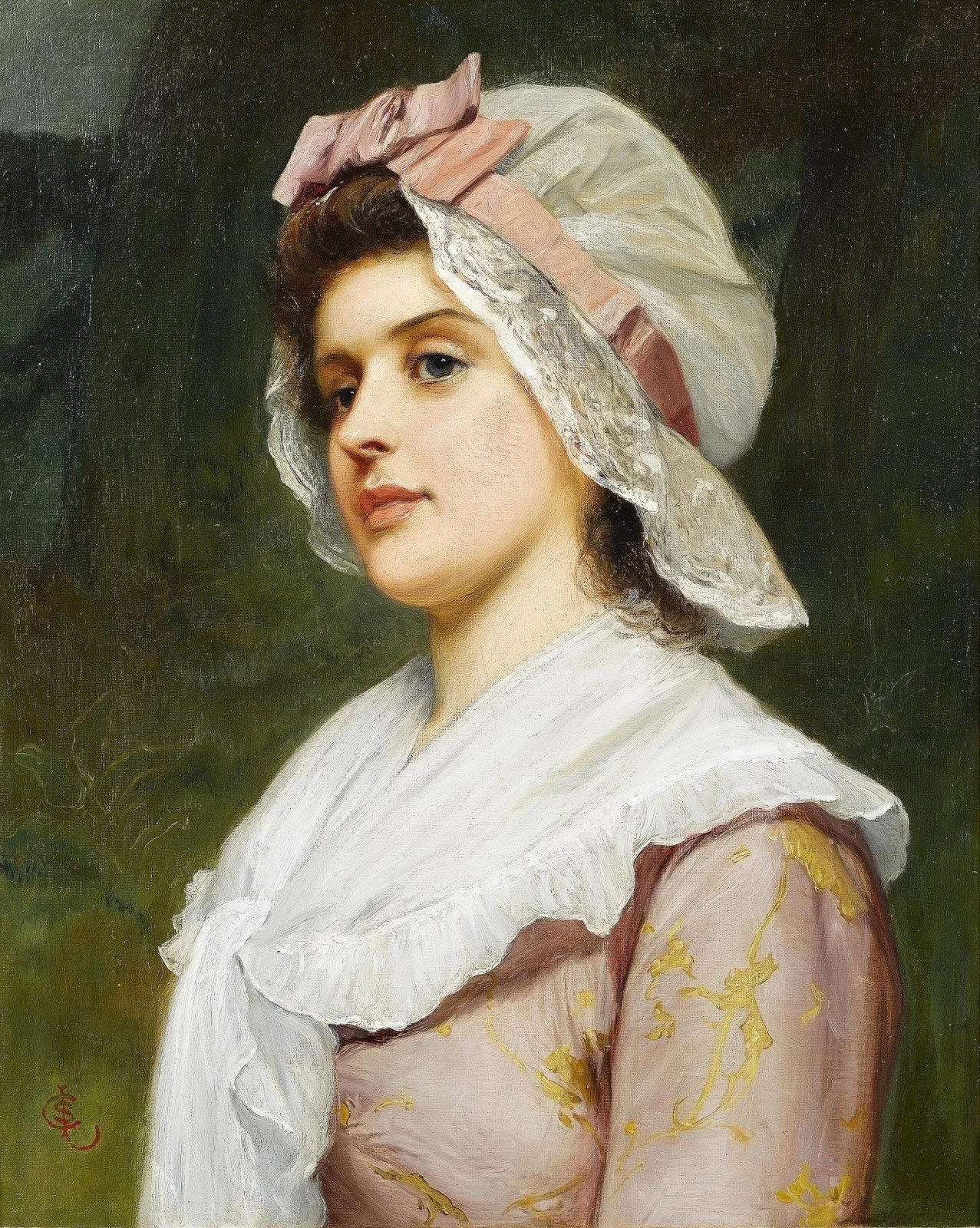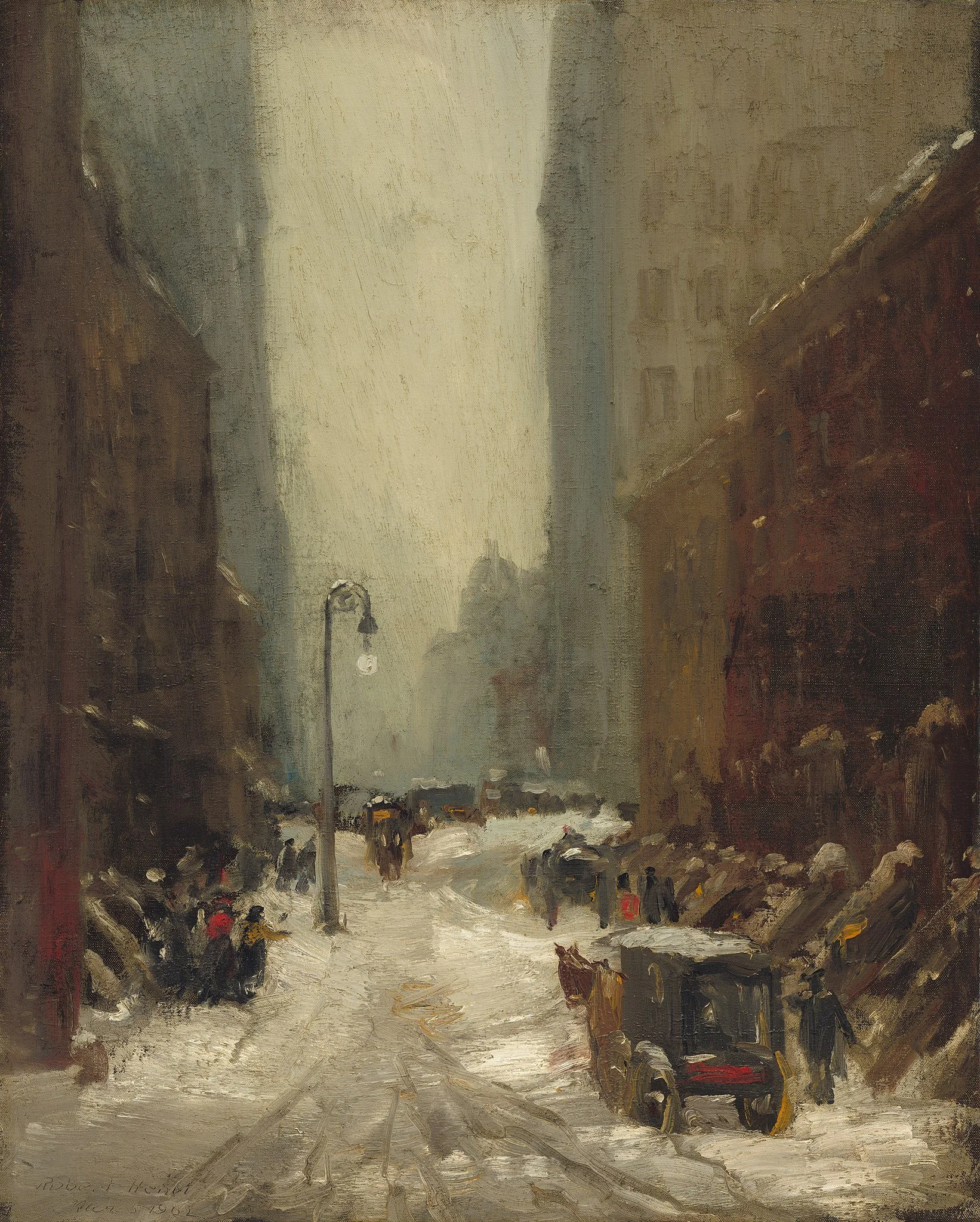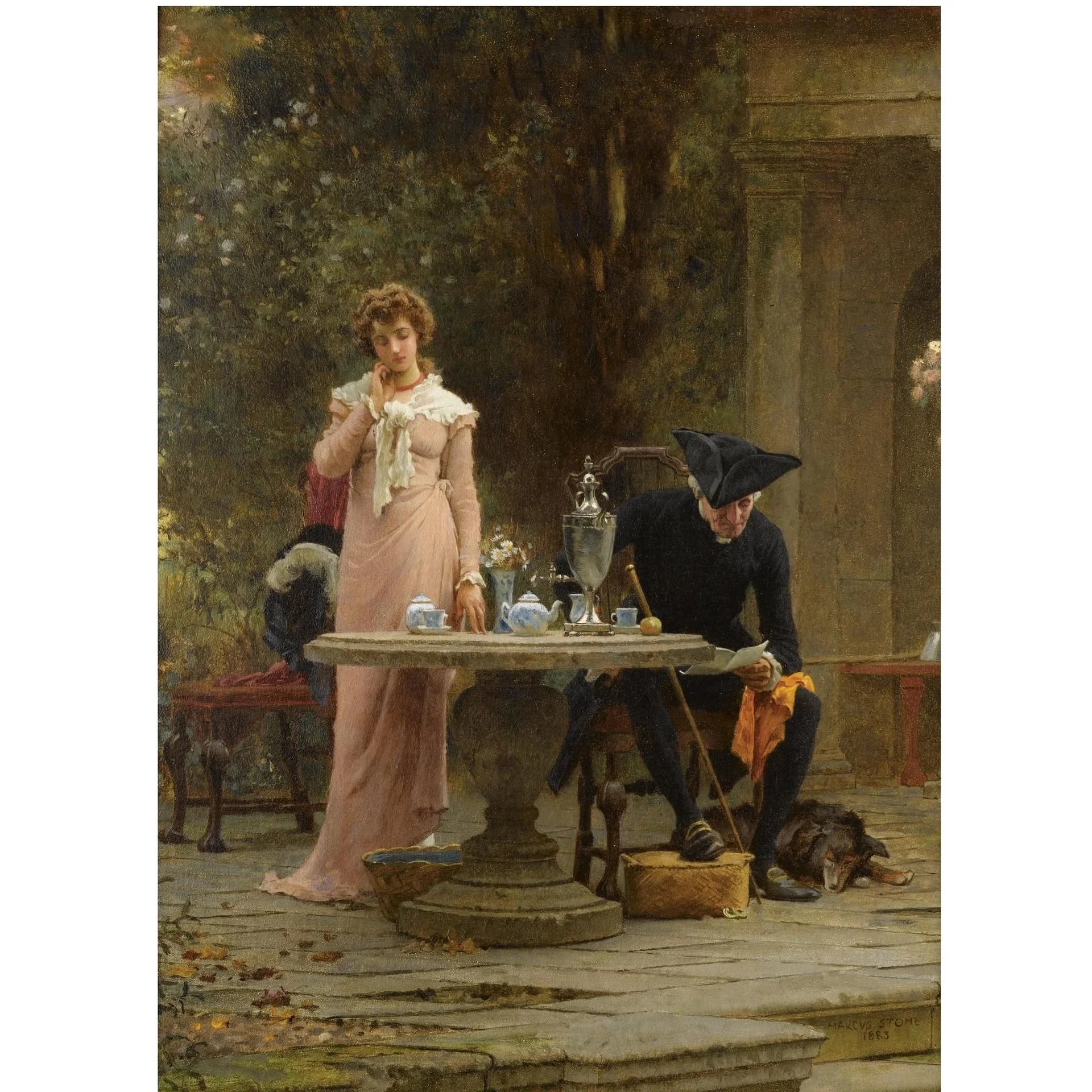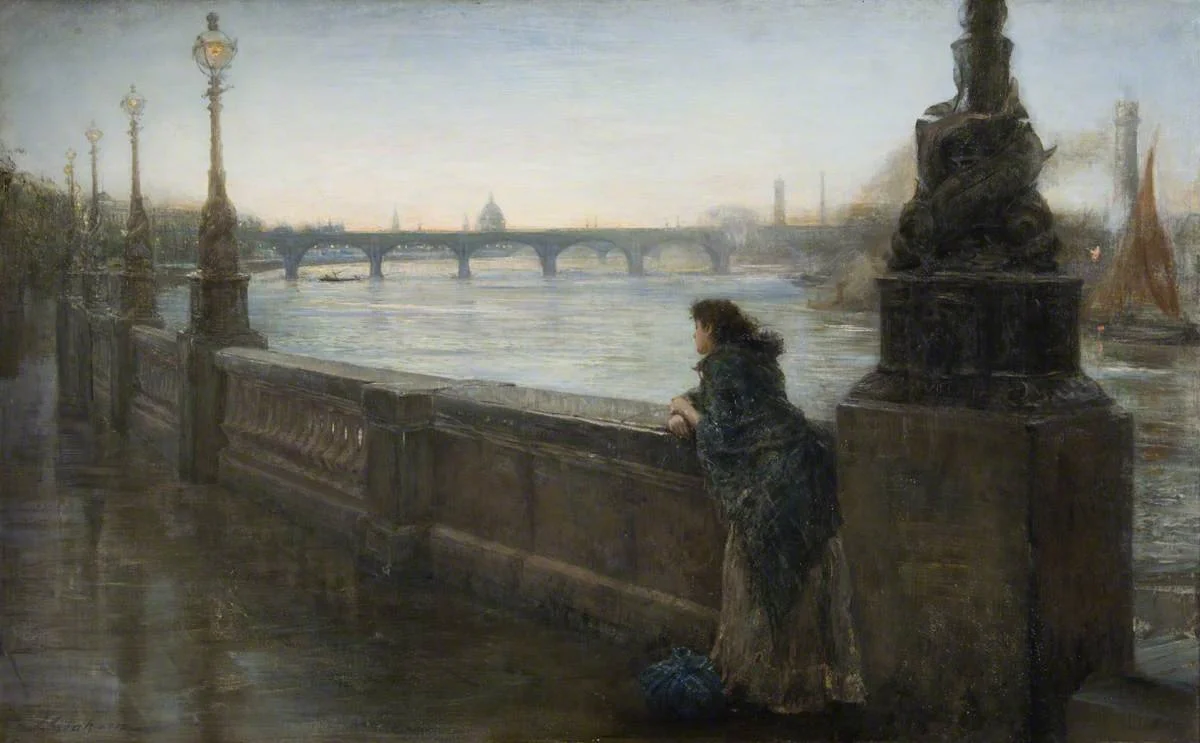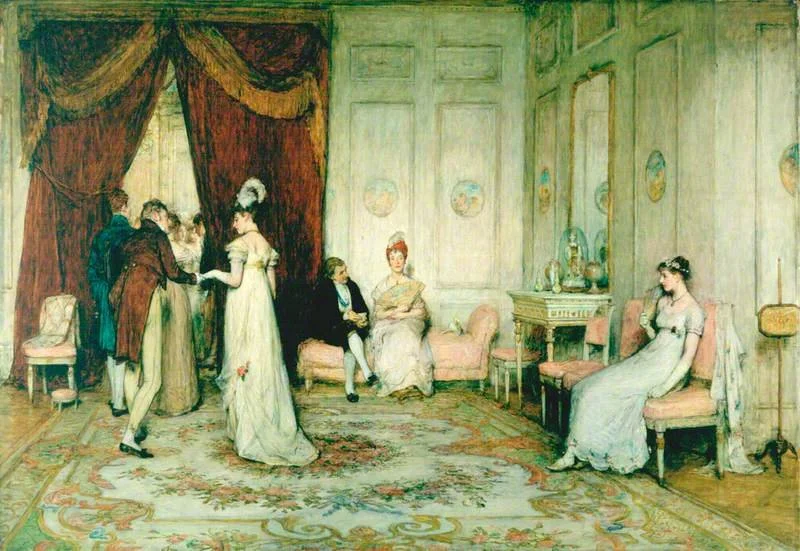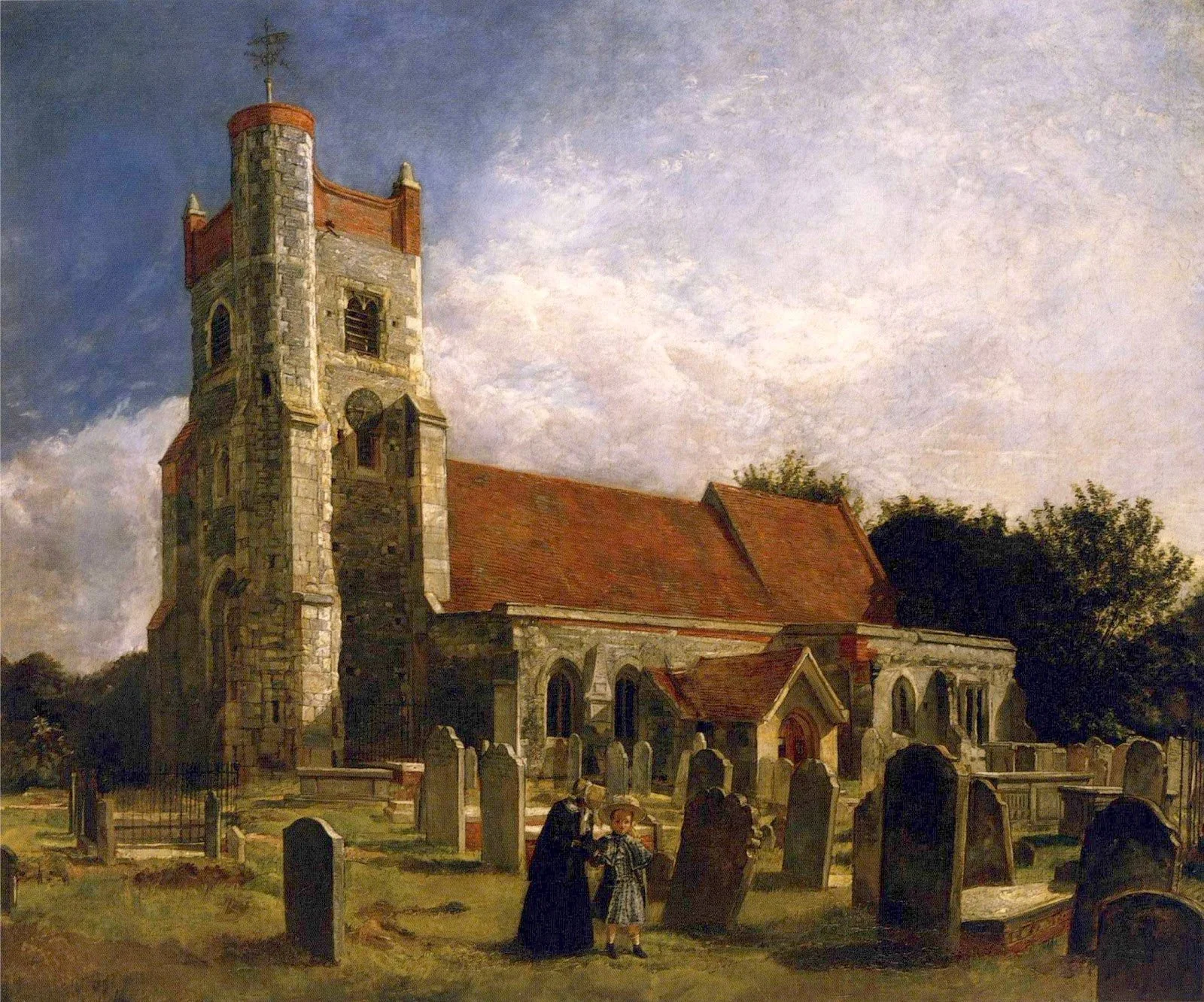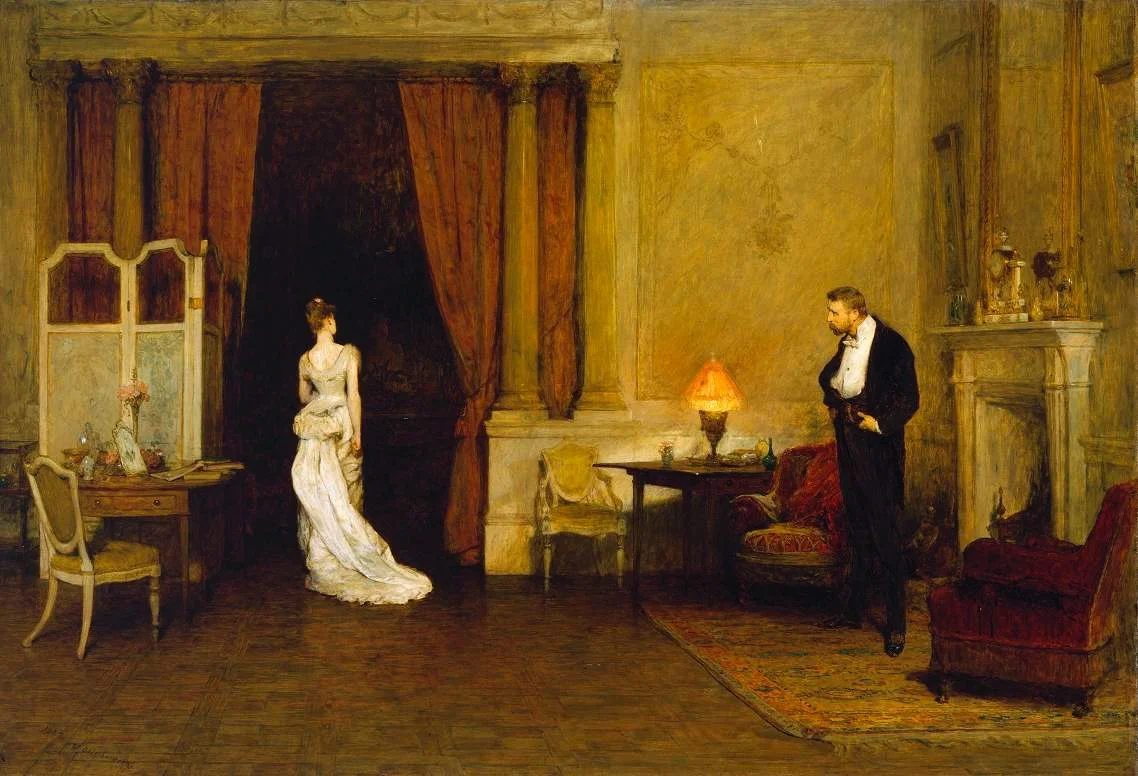Sarah Doudney (1841-1926) wrote poems and hymns as well as over fifty novels between 1871 and 1906, many of them pious works for girls.
“Shrewd sayings in a sententious form are scattered thickly throughout these pages, and prove the author to be a close but kindly student of humanity. She possesses, moreover, a vein of quiet humour which emerges pleasantly at times, as well as an artistic restraint which spares the reader unnecessary details. ‘When We Two Parted’ is a pleasant story of the conventional order.” Athenaeum, March 28, 1885
“The lazy life of a small country town, where it is ‘always afternoon,’ is described with ease, and, if events are rare, the reader hardly recognizes the want of them. . . . Miss Doudney writes in a pleasant style. . . The book has a liberality of thought and treatment not common to works of this class.” Saturday Review, April 11, 1885
A (somewhat) contrasting view:
“The only fault to be found with When We Two Parted is that it is too much of a good thing.” Academy, March 21, 1885
Download this fortnight’s novel:
The only digitized copy of today’s novel that I have found was once accessible from the British Library. But in October 2023, the British Library was shut down as a result of a ransomware attack, and now, after 16 months, its Victorian novel collection remains inaccessible; many links on my site do not work in consequence. I hope someday the collection returns; meanwhile, I trust nobody will mind if I post some British Library pdfs to an online storage drive, and links to said drive on this website, like this one, to today’s novel:
https://drive.google.com/file/d/1-n6YVdUjZQHjNqRX9ZiSEvX2EpfEriXu/view?usp=share_link

